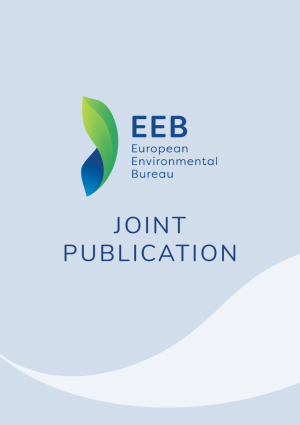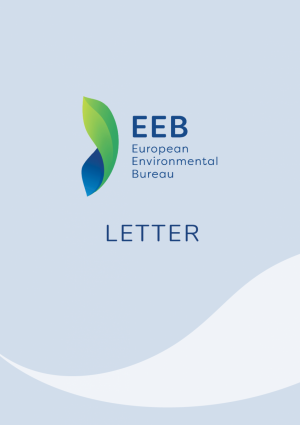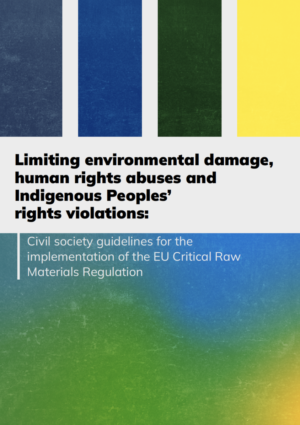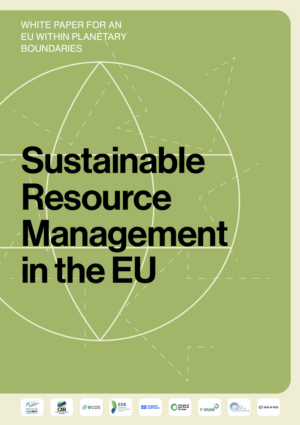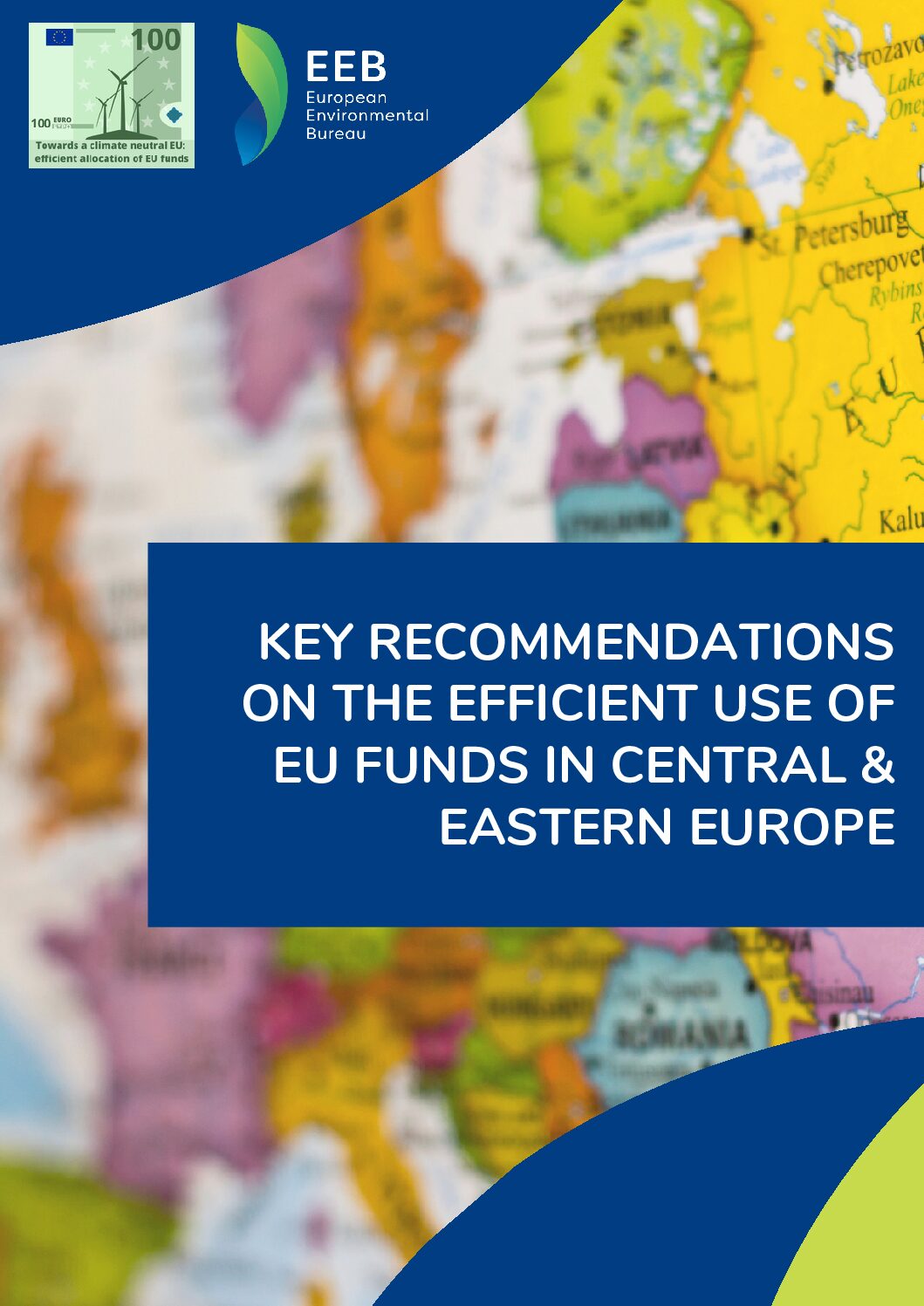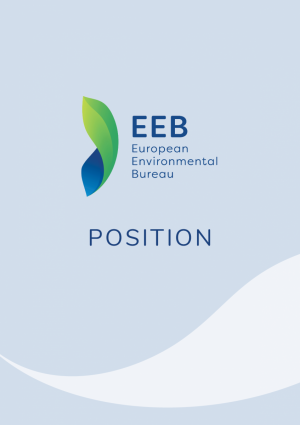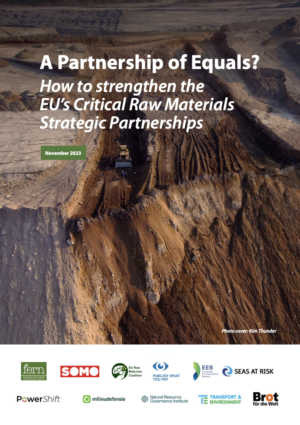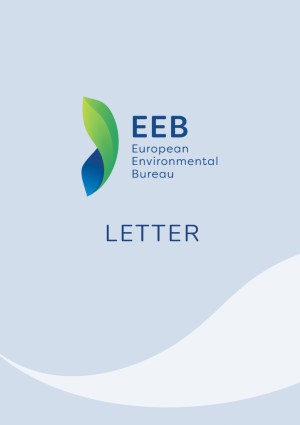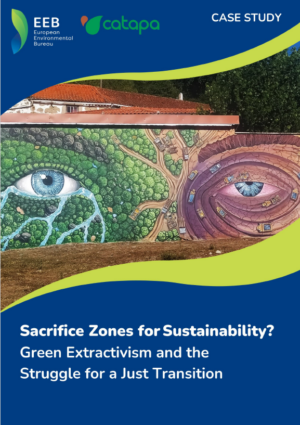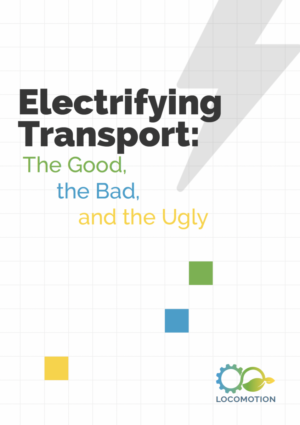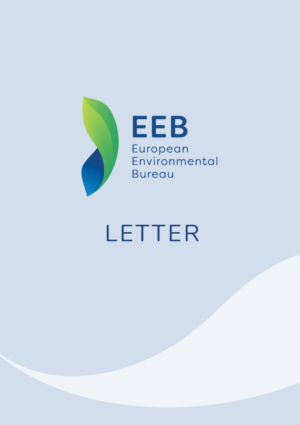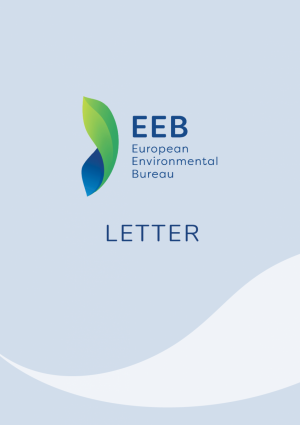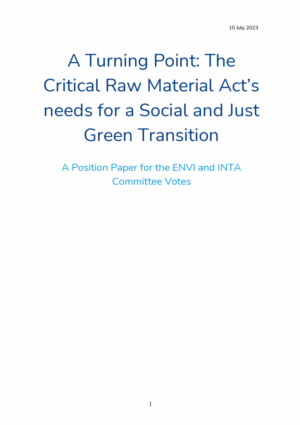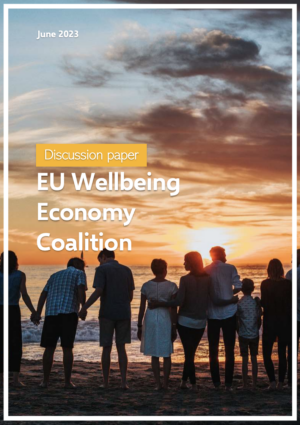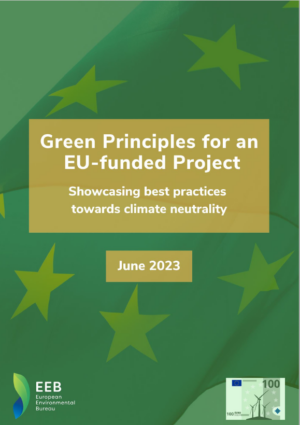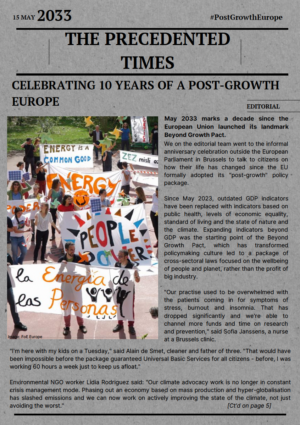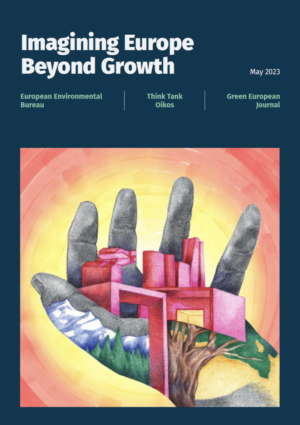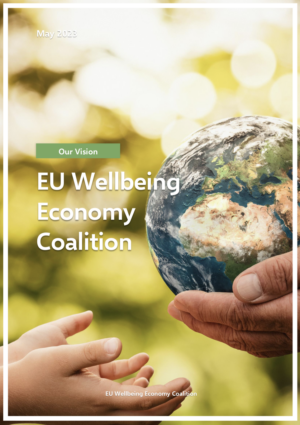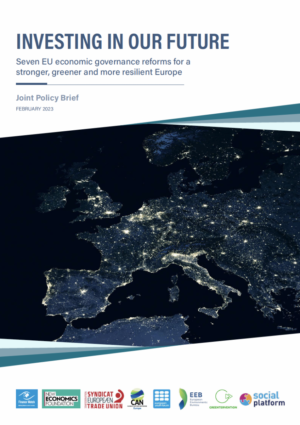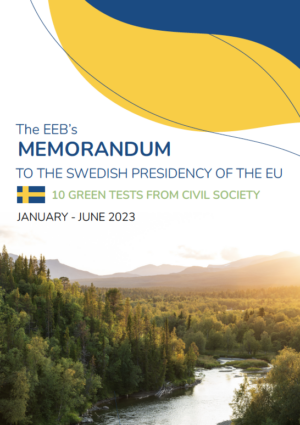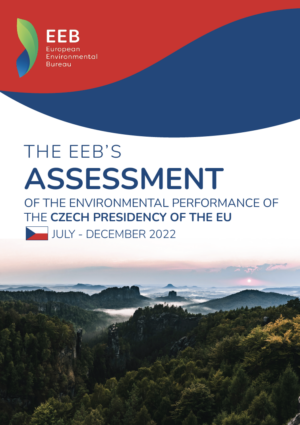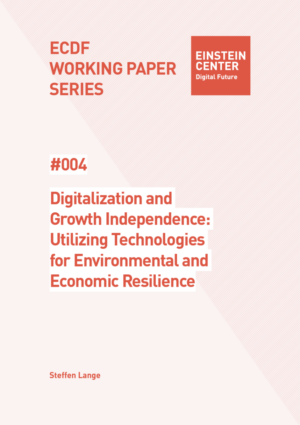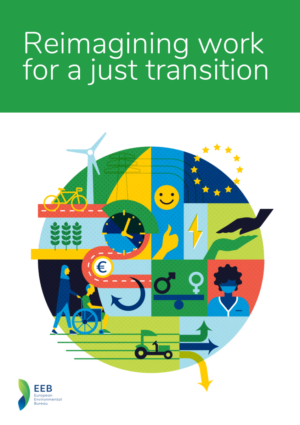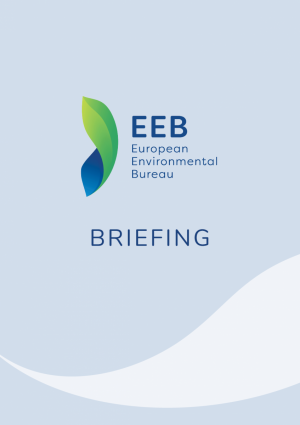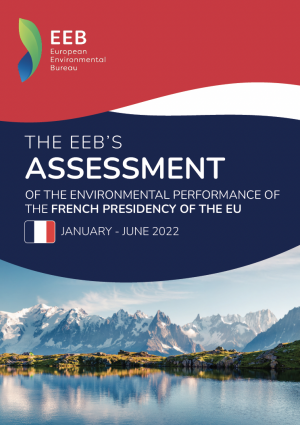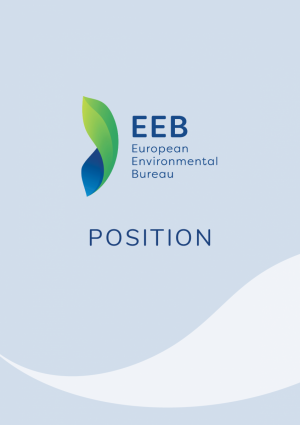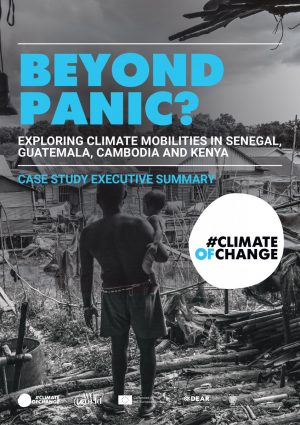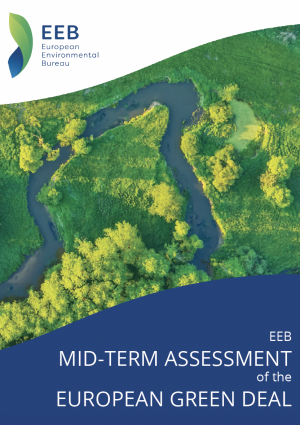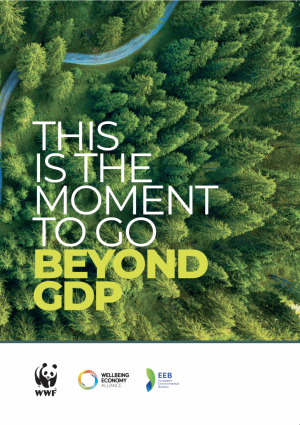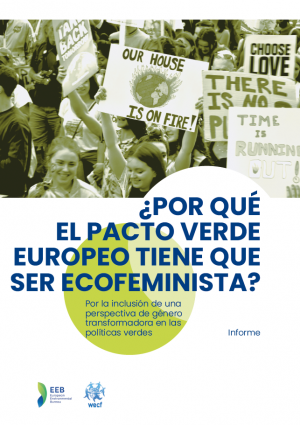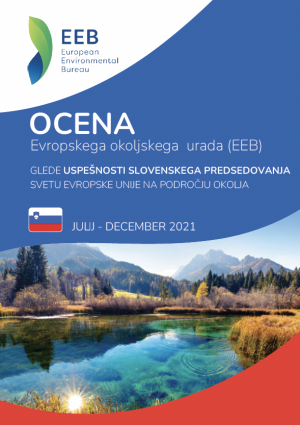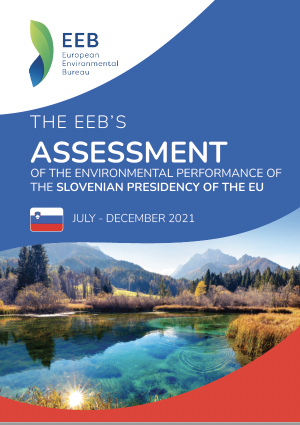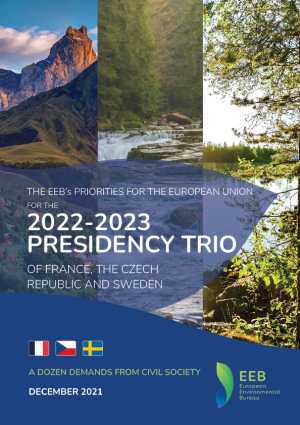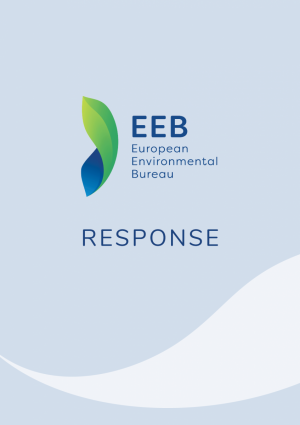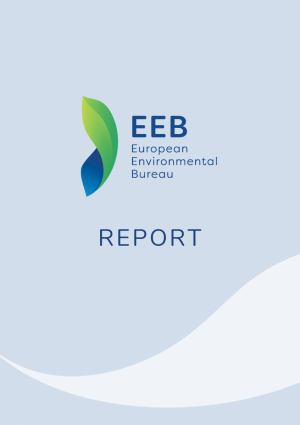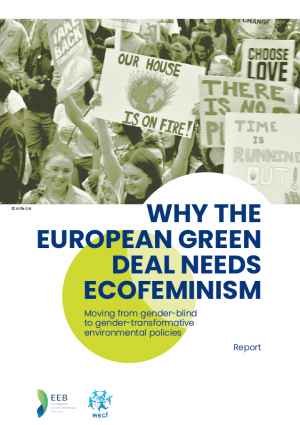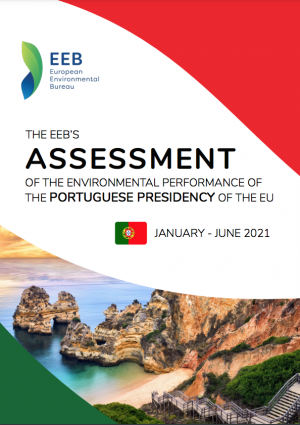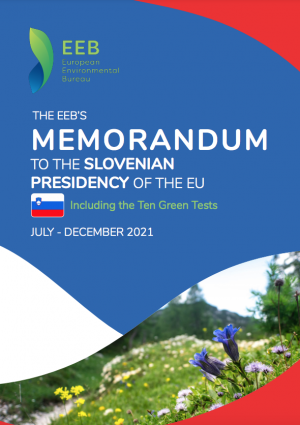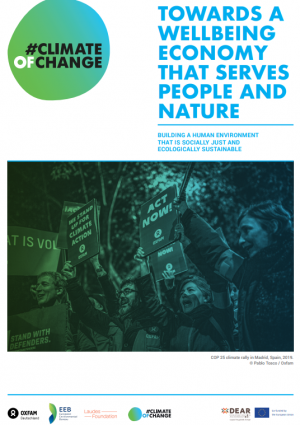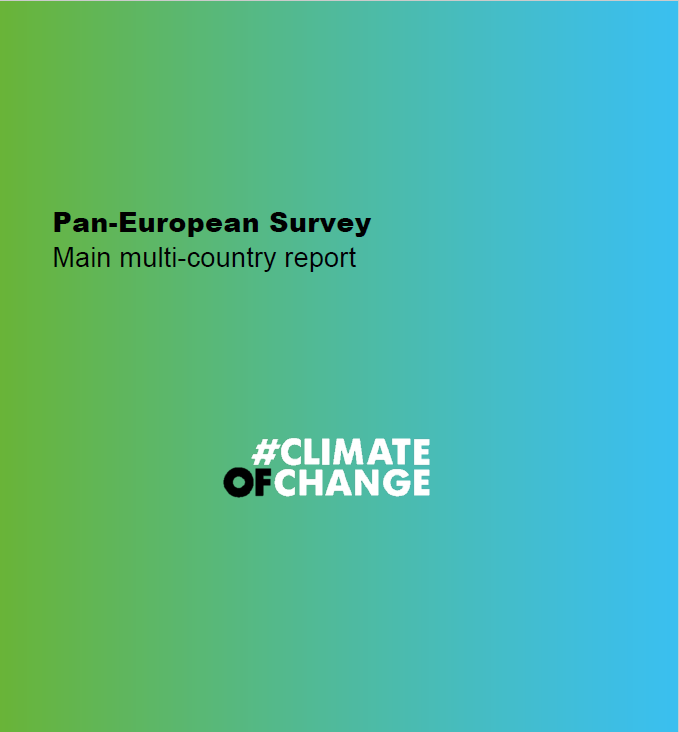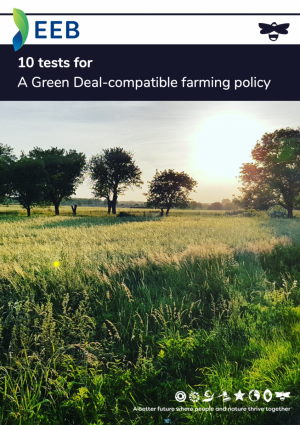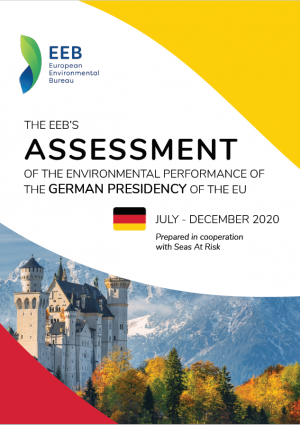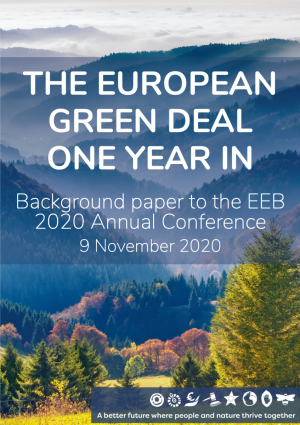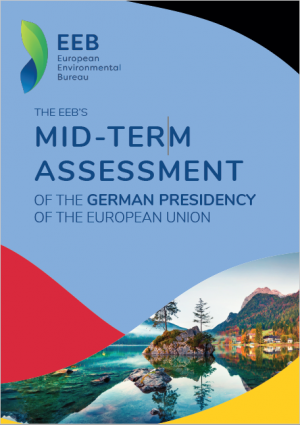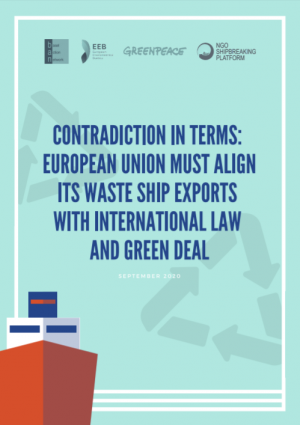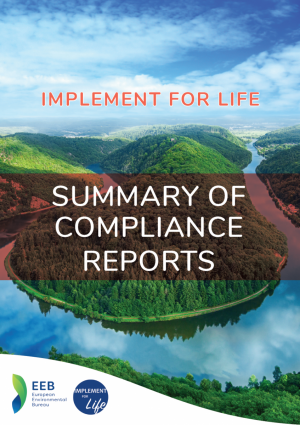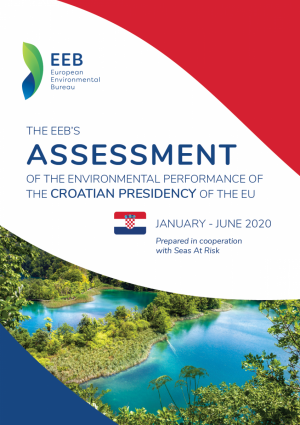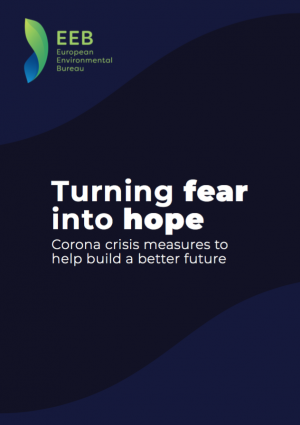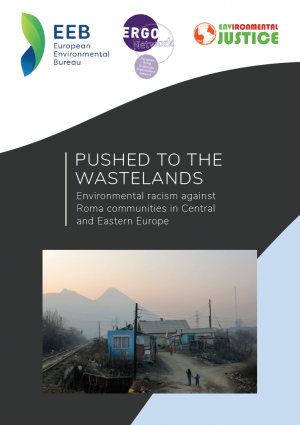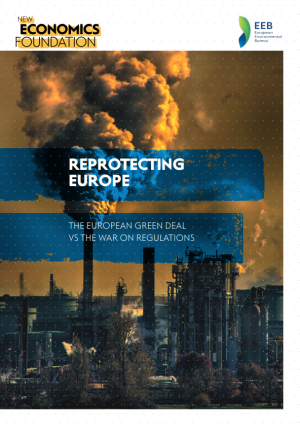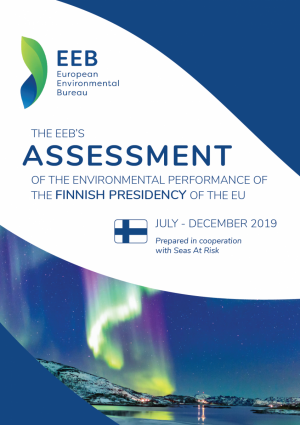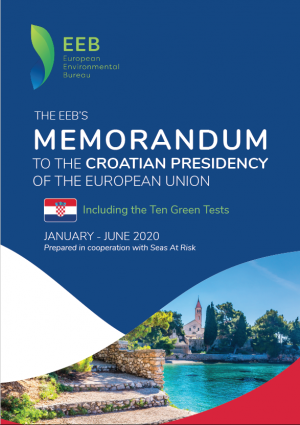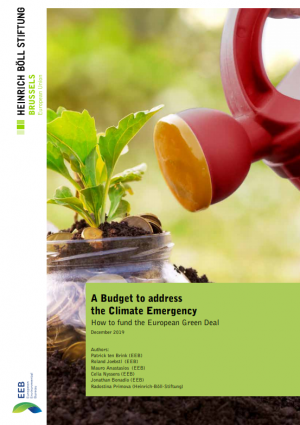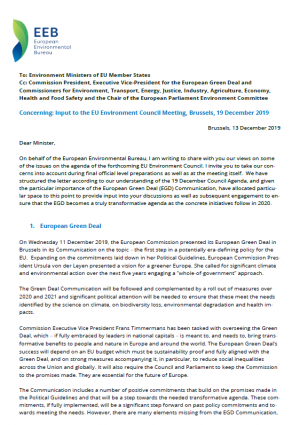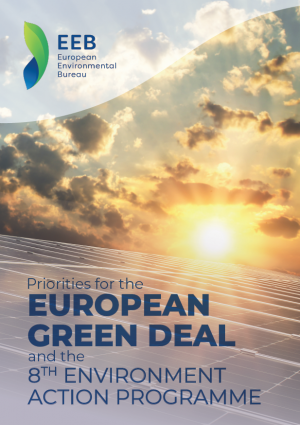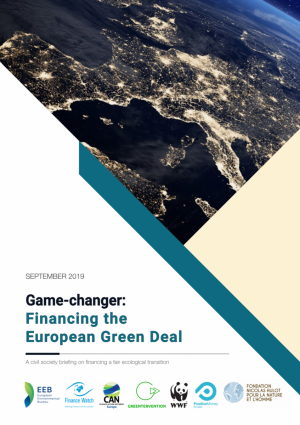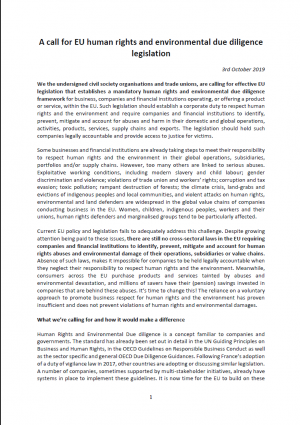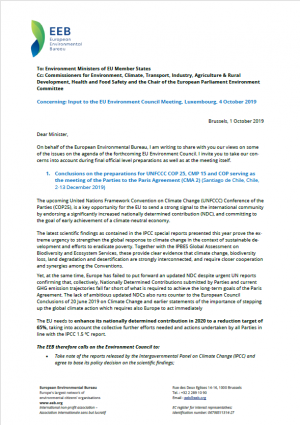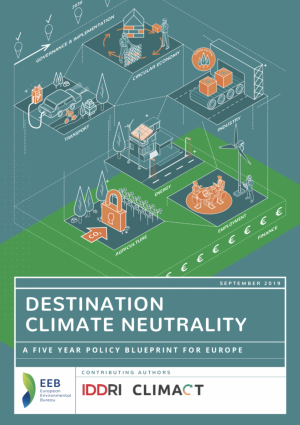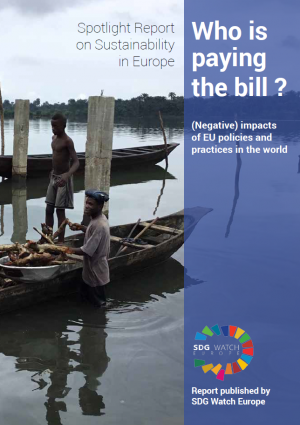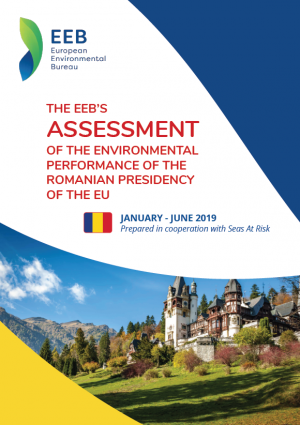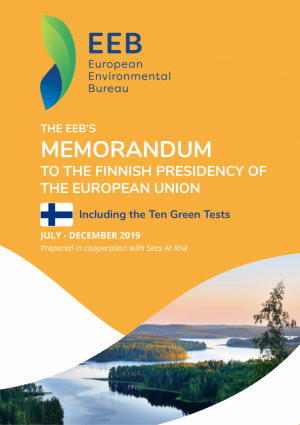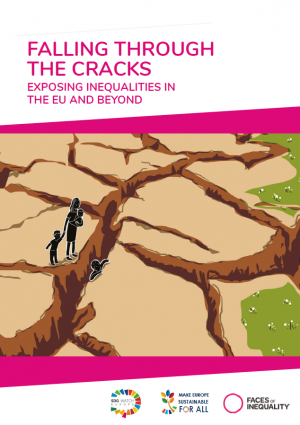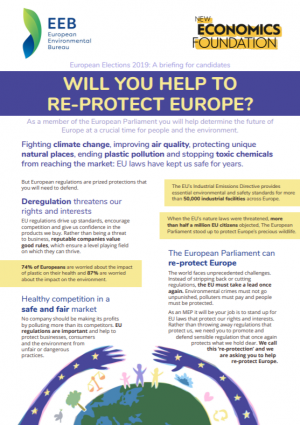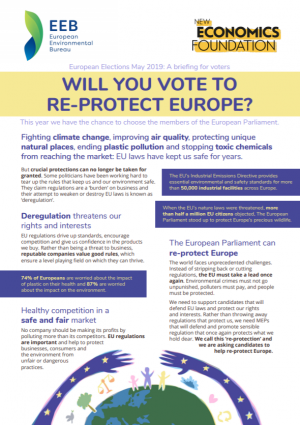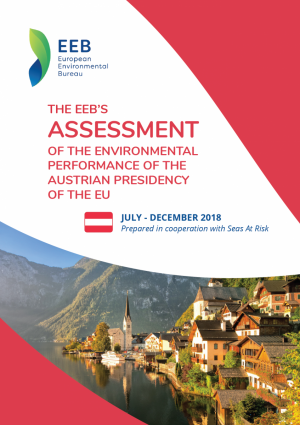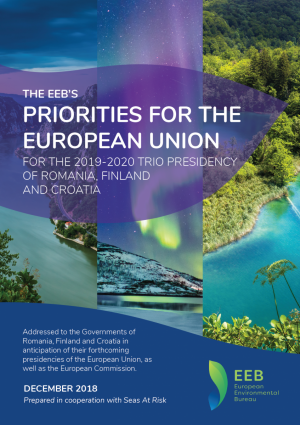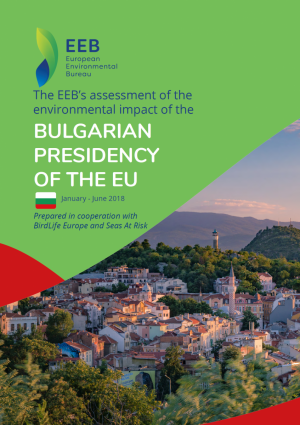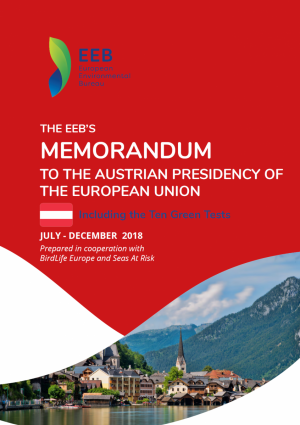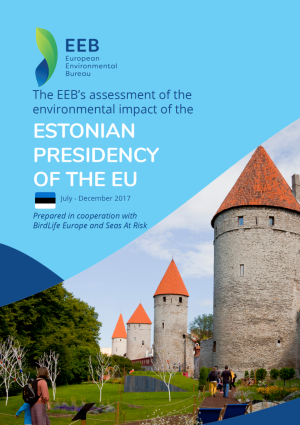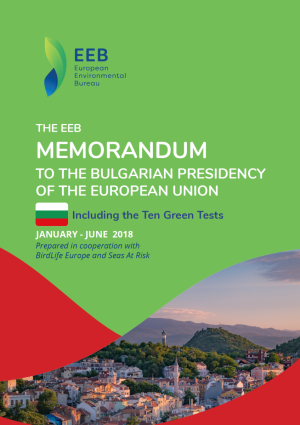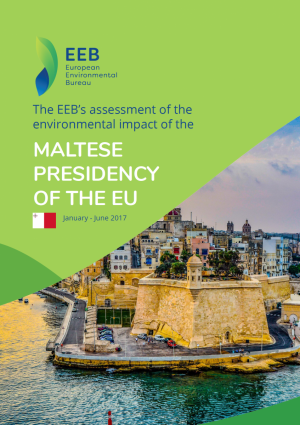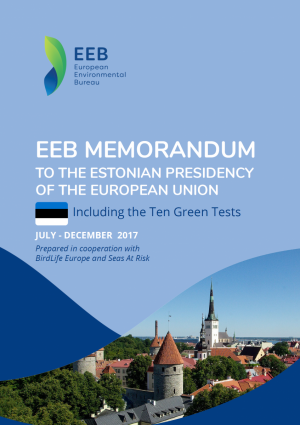Enlargement and neighbourhood
The countries in Eastern and South-Eastern Europe that aspire to one day join the European Union will need to bring their environmental policies close to those of the EU. North Macedonia, Montenegro, Albania, Serbia, Turkey and Ukraine, the official candidate countries, as well as Bosnia and Herzegovina, Kosovo and Moldova as potential candidates, need to overcome a wide range of environmental challenges such as air and water pollution, land degradation, waste management and the loss of biodiversity before joining the EU. In Ukraine, people and the environment, suffer from Russia’s horrendous invasion, the destruction of important infrastructure, as well as the contamination of nature and agricultural land. The EEB supports its members in Ukraine on the path to reconstruction, recovery and assession to the EU and is advocating for a green and sustainable future for Ukraine.
The EEB has worked, and will continue to work, with EEB member organisations and other environmental NGOs in EU candidate and potential candidate countries. The focus is on promoting better environmental policies in these countries and strengthening collaboration with NGOs working in these regions.
The EEB works to improve the commitment and capacity of NGOs to give citizens a voice and to influence the reform processes in the environmental sector. Activities focus on the analysis and monitoring of the situation and on advocacy for European environmental standards where these can make a positive difference. The EEB follows developments concerning the accession negotiations with candidate countries in Eastern Europe, South-East Europe and Turkey.
Next to the candidate countries, the EU also agreed on a European Neighbourhood Policy (ENP) in 2004 with the objective of avoiding new dividing lines between the enlarged EU and its non-members and strengthening the prosperity, stability and security of the states concerned.
The policy applies to the EU’s immediate neighbours by land or sea. The ENP countries, primarily developing countries, include some countries that seek to one day become either a member state of the European Union, or more closely integrated with the European Union. These include Armenia, Azerbaijan, Belarus and Georgia. The South-East partnership aims at Algeria, Morocco, Egypt, Israel, Jordan, Lebanon, Libya, the Palestinian Authority, Syria, and Tunisia. The EEB is offering its cooperation to environmental organisations in these countries in order to help them benefit from opportunities presented by European environmental standards.
countries in the European Neighbourhood Policy/Eastern Partnership
Directives, Regulations and Decisions on environmental law to be implemented by future EU members or those that want to work closer with the European Union



